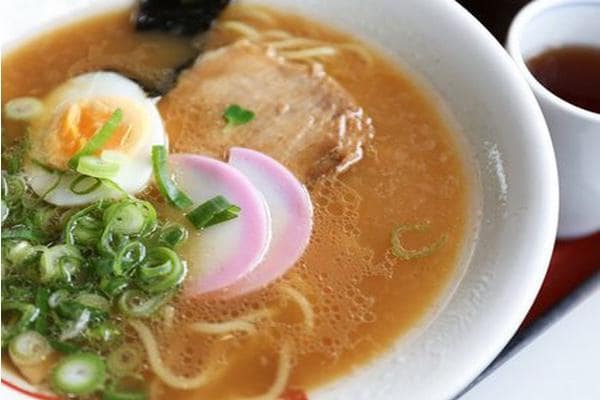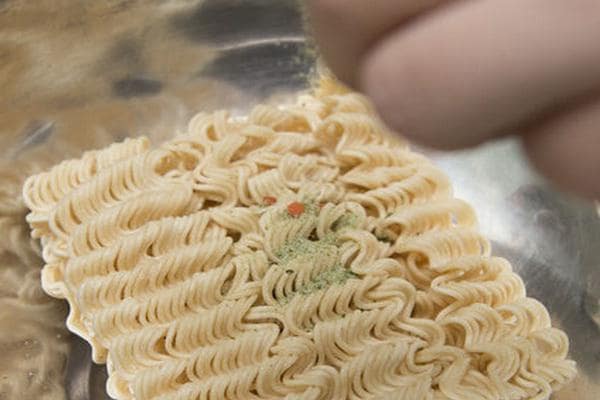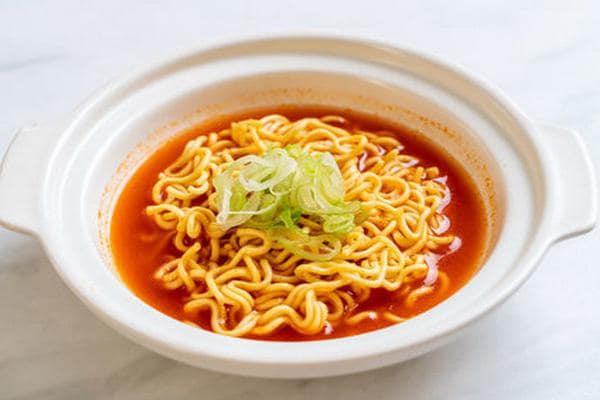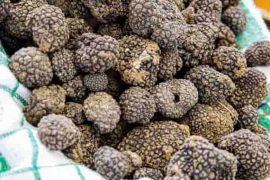Зміст
Interest in instant soups, also known as Chinese ones, is still unabated, despite the fact that there have been many voices about their dangers. They are especially popular with schoolchildren, students and people who have little time to prepare food. The advantages of such instant dishes are the low price and ease of preparation, because it is enough to pour the contents of the sachet into a bowl and add water. Unfortunately, these are the only benefits because their composition can be overwhelming. It contains substances that can seriously harm your health and lead to many diseases, such as cardiovascular disease. Therefore, it is better to refuse them in order to avoid dangerous consequences. What can be found in popular Chinese soups?
History of Chinese soups
Contrary to the name, instant soups were not created in the Middle Kingdom, but were invented in Japan, where they were modeled after the traditional ramen, that is, an Asian soup that resembles our local broth. They were supposed to be the answer to the food shortage after World War II that hit the country due to the armed conflict. They had to be cheap in order to quickly satisfy and saturate the market. Over time, their production moved to Vietnam, where this invention was modified, and the product was created as we know it. Currently, there is a wide selection of fast-food dishes, because in the shops you can find dishes of different tastes, as well as dishes known from Polish cuisine.
What can be found in Chinese soup

In the package of Chinese soup, you can find several smaller bags that make up the essence of the finished dish. They are composed of spices and flavorings. Often, after opening, you can see that there are several components inside, for example, bags with an oily substance. The most important ingredient, however, is the paste, also known as noodly. It does not need to be boiled, as it quickly swells and becomes soft under the influence of hot water.
Why are Chinese soups harmful?
The topic of Chinese soups has been raised many times. Mainly because overeating them puts our health at risk. What can you find in them? First, a huge amount of salt. It is estimated that one package of soup contains up to eight grams of salt, which is more than the daily dose of this spice. Too much of it is detrimental to health and can contribute to high blood pressure, which leads to serious heart disease. In addition, it is also harmful to the kidneys and stomach, which can significantly impair their function. I also bind water in my body, which leads to excessive thirst. Excessive salt intake significantly affects your figure, as the risk of overweight and obesity increases.
Flavors

There are many flavors found in Chinese soups, such as ground pepper, curry, turmeric and others, that determine the flavor of the product. Among them, you can find dried vegetables, but in minimal quantities, so the presence of vitamins seems imperceptible. Monosodium glutamate is usually added to Chinese soups. Its task is to emphasize the taste of the finished product. Although there have been many studies on the harmfulness of the substance, it appears that a small amount does not have a negative impact on health. In such cases, common sense should be exercised, because excess of it can cause headaches, allergies, hives and negatively affect blood pressure or cause overweight and obesity.
Trans fats
A mysterious sachet with a sticky substance present in the package is fat that can have a different consistency. It is in vain to look for rapeseed or sunflower oil in them. This is another blend of so-called trans fats that have been hardened commercially for a longer shelf life. Coconut or palm oil is most often processed in this way, and they have an infamous reputation. Excessive consumption of them can cause heart disease, raise cholesterol levels and promote diabetes. Trans oils also cause obesity, overweight and increase the likelihood of cancer.








